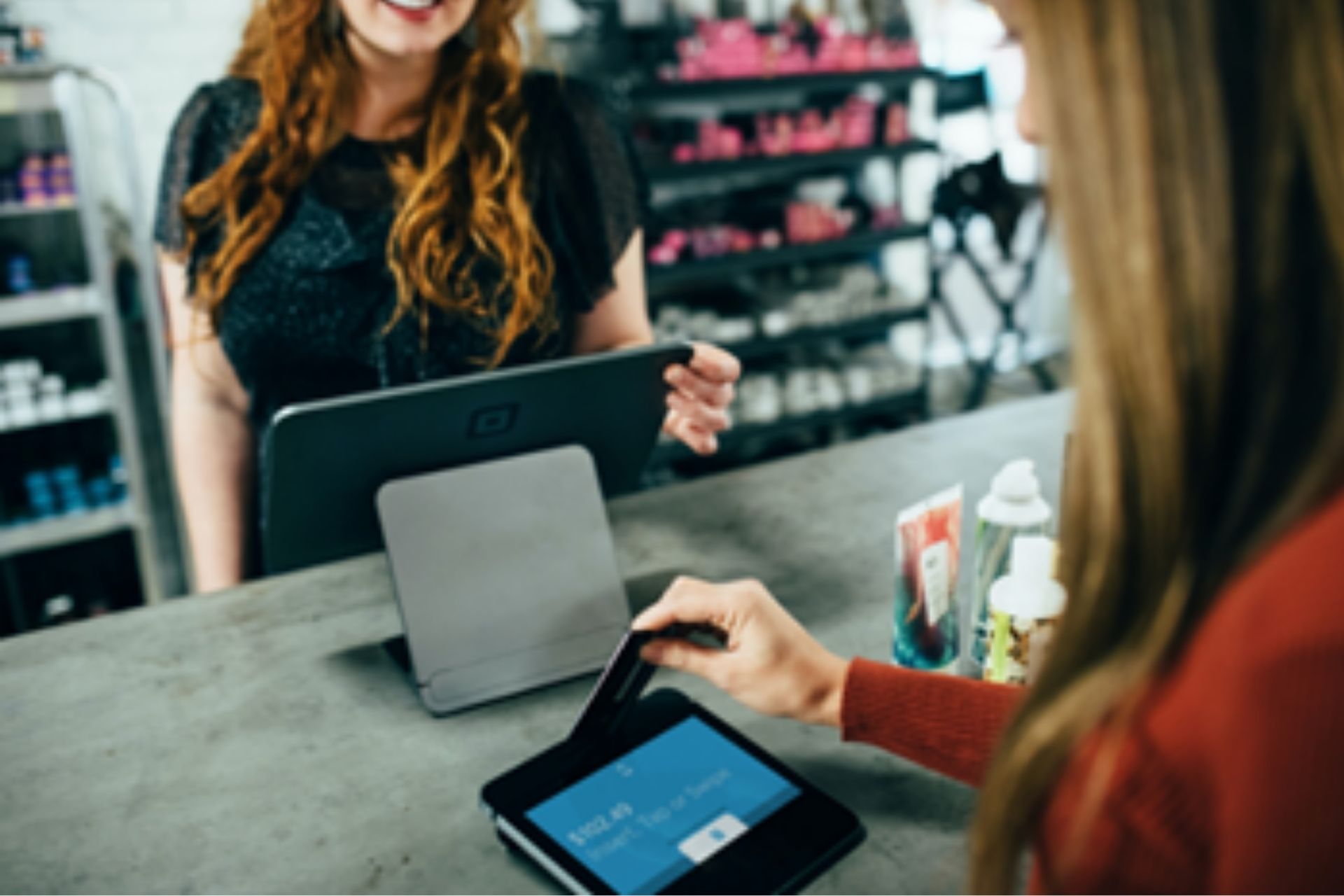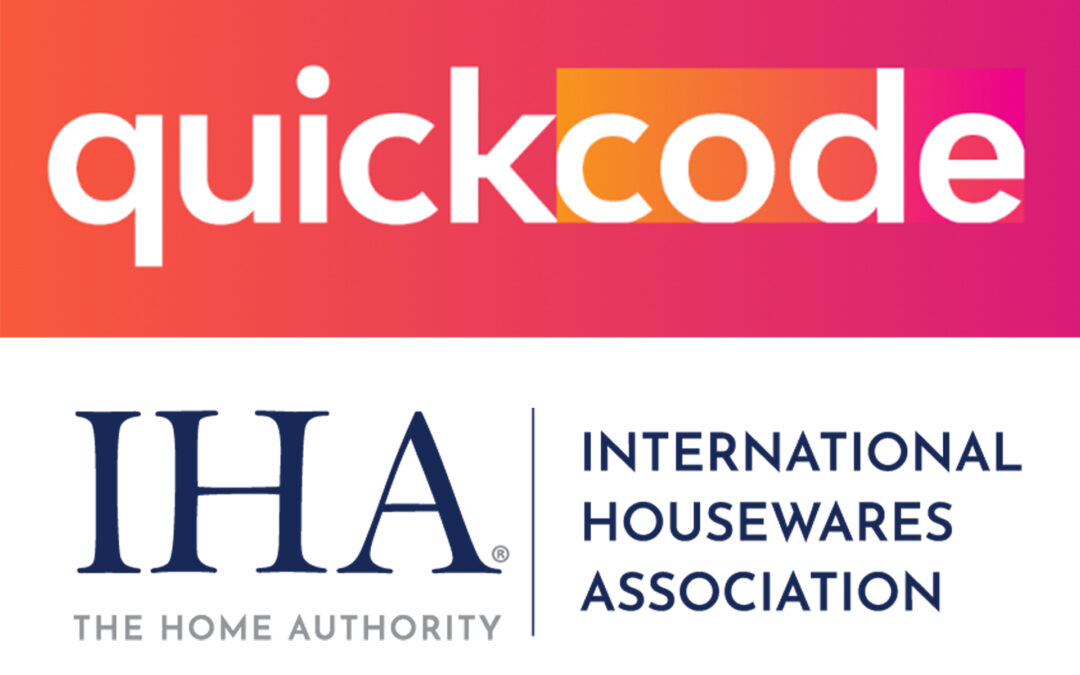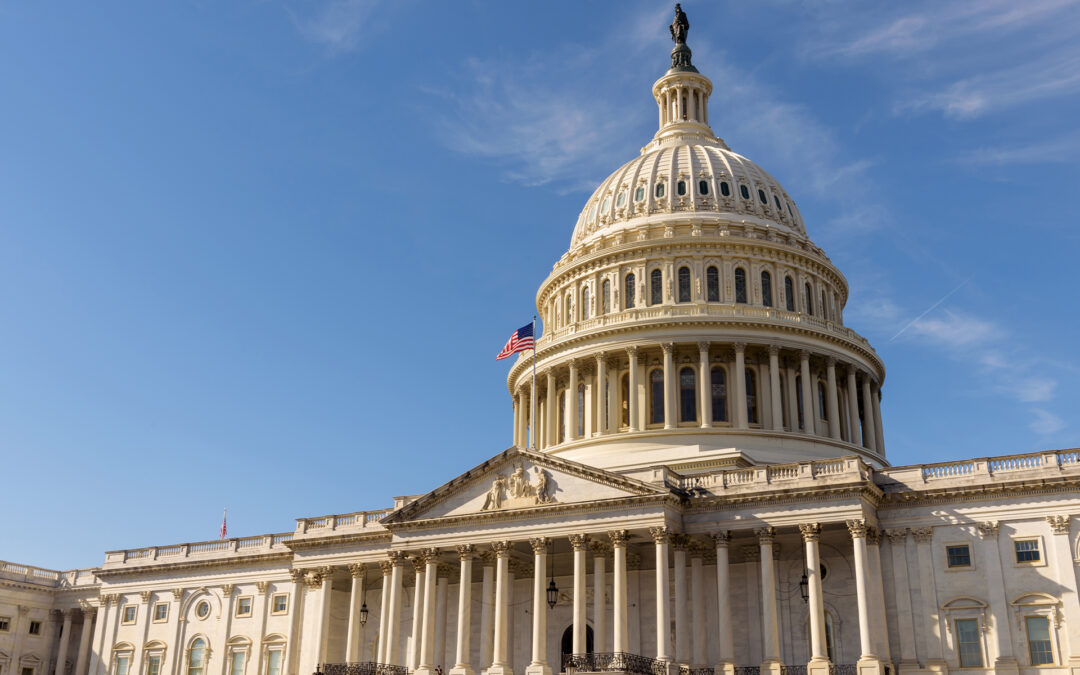Mastercard reported consumer spending should grow 5.5%, excluding automotive and gas, during the July 15- through-September 6 back-to-school season, compared to the same 2020 period; and 6.7% versus the 2019 period as current sales trends continue their momentum through summer.
The ongoing Mastercard SpendingPulse study, which measures in-store and online retail sales across all forms of payment, indicates that e-commerce sales will ease slightly compared to last year’s back-to-school season, down 6.6%, but remain up 53.2% versus the 2019 period.
As consumers begin to shop brick-and-mortar retailers and purchase for parts of their lives that were crimped by the COVID-19 pandemic spending shifts will occur even as many sectors that saw sales gain over the past year and a half continue to experience growth.
Mastercard Spending Pulse pointed to total May consumer expenditures, excluding automobile and gas, up 12.2% from the year prior and up 10.2% versus the year before that, with e-commerce sales up 1.1% and 94.8% respectively. Furniture store sales advanced 22.5% versus May 2020 and 20.2% versus the month a year earlier.
For other sectors in May:
- Apparel was up 75.9% versus 2020, 14.7% versus 2019
- Department stores were up 212% versus 2020, 4.2% versus 2019
- Grocery was up 4.8% versus 2020, 14.4% versus 2019
- Jewelry was up 203.4% versus 2020, 44.7% versus 2019
- Lodging was up 254.4% versus 2020, down 1.5% versus 2019
- Restaurants were up 84.7% versus 2020 and 7.9% versus 2019.
Major trends for the back-to-school season, Mastercard suggested, include an apparel refresh with consumers purchasing clothes as they consider dressing for events, school and work again. Also, as already pointed out, department store shopping should gain, which means, as an ancillary, more mall visits. Still, even if people are eager to get out, Mastercard observed that services such as contactless pickup will remain an important amenity for some consumers.
In the meantime, on the technology side, Mastercard SpendingPulse stated that virtual instruction on some level is likely to remain into the next school year, which means students may want to upgrade devices. Of course, many observers believe that, with a significant proportion of consumers getting more into gaming and other device-based recreation during pandemic restrictions on movement and a substantial proportion learning that they will be working more from home permanently at least part of the time, upgrading electronic capabilities is likely to be an ongoing trend.
“Back to school has always been a prime season for retailers. This year, the broader reopening brings an exciting wave of optimism as children prepare for another school year, and the grown-ups in their lives approach a similar ‘return to office’ scenario,” said Steve Sadove, senior advisor for Mastercard and former CEO and chairman of Saks Inc. “This back-to-school season will be defined by choice as online sales remain robust, brick-and-mortar browsing regains momentum and strong promotions help retailers compete for shoppers’ wallets.”





